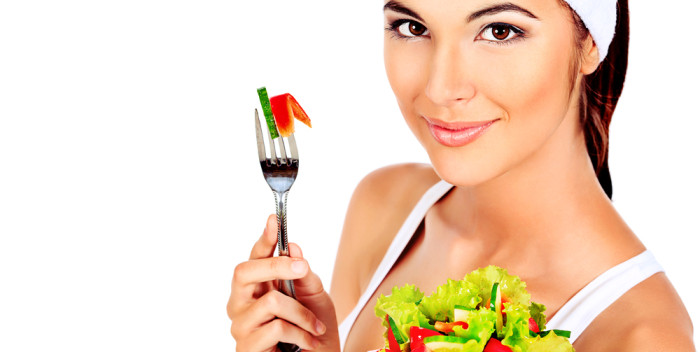Vegetarianism: pros, cons, and harms
Every year, new diets appear, which after a while become a way of life for many people. One of these areas is vegetarianism. This is a complete exclusion from the diet of products from absolutely any animals, poultry, fish and seafood or partial. How vegetarianism affects the human body, who benefits from it and who does not, you will learn from this article.
Content
Pros and cons of vegetarianism 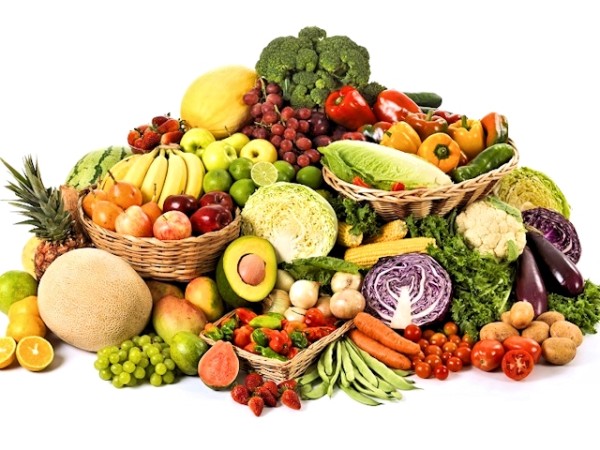
There is a lot of controversy over vegetarianism. Of course, this direction has its drawbacks and its undoubted advantages. But what is more in this - benefit or harm, no one will say for sure. And before starting the transition to vegetarianism, you must first go through a consultation with a specialist so that he confirms that you can do this.
There are quite a few positive qualities from this direction; some doctors prescribe a vegetarian diet for:
- atherosclerosis;
- obesity;
- cardiovascular diseases;
- diseases of the gastrointestinal tract;
- diabetes mellitus;
- hemorrhoids;
- hypertension;
- being overweight;
- gout;
- disruption of the intestines;
- arthritis;
- some forms cancer;
- diseases of the kidneys and blood vessels.
Many people are vegetarian diet helped to heal various ailments. True, for the elderly, children and people with some chronic diseases, this option is strictly contraindicated.
It has been proven that with vegetarianism, energy and mood increase. Most often, vegetarians are people without bad habits, playing sports and leading a healthy lifestyle. The undoubted plus is loss of extra pounds from the sides, cleansing the body of toxins, toxins.
The disadvantages of this direction include:
- a huge lack of protein;
- deficiency of important trace elements, iron, zinc and calcium;
- when consuming garlic, antibiotics, Luke and some medications kill the intestinal microflora, which is very important for vegetarians;
- hormonal disruptions, disruption of the endocrine system;
- small variety of dishes;
- female problems - menstrual irregularities, disruption of work thyroid glands, the possibility of infertility;
- poor metabolism, edema, constipation, dryness of the epidermis.
The harm of vegetarianism
As mentioned above, the harm of this direction is contained in many aspects. Lack of vitamins, protein, trace elements, saturated fatty acids. With vegetarianism, vitamin complexes cannot be ignored, they are strictly recommended in such cases.
If human vegetarian inactive life, then he will be more likely to be exposed anger, rage, hysterics, depression... This happens due to the lack of vitamin B12... Vegetarianism stops the growth of the body and its development.
With the rejection of sea inhabitants and fish, the development of cardiovascular diseases, cataracts and clouding of the lens of the eye is quite possible.
Types of vegetarianism 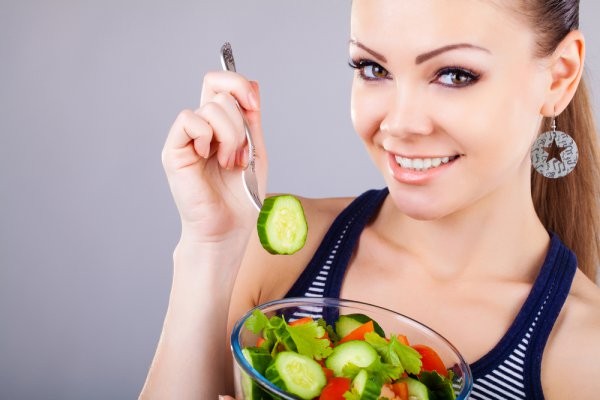
Experts divide vegetarianism into several subspecies:
- raw food- consumption of raw products without heat treatment, most often vegetables and fruits;
- veganism- the most severe type, the consumption of only plant foods, most often they do not even wear or use things that are somehow connected with animal origin;
- lacto-vegetarianism- consumption of plant products, honey and milk;
- lacto-vegetarianism- plant foods, dairy products, eggs, honey;
- sand vegetarianism- the possibility of eating fish;
- ovegetarianism- eggs and vegetable products.
Vegetarianism and veganism: what are the differences 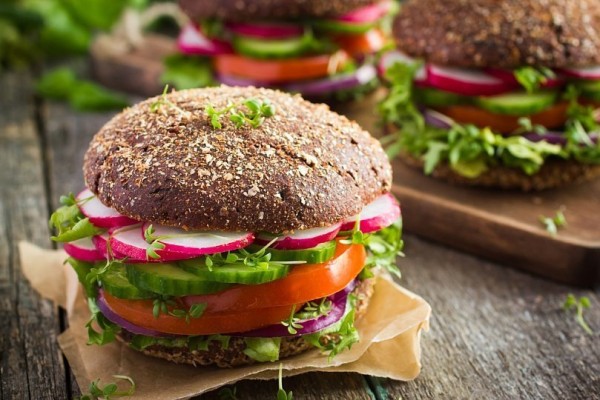
Many people confuse veganism and vegetarianism. In fact, these are completely different terms and directions. Initially, there was only one option, where only plant foods were consumed, no dairy products, eggs, honey, fish. But many were not satisfied with this.
The result is a new trend called vegetarianism. But vegans support stricter views on diets. They do not accept milk, kefir, cottage cheese, cheeses. And here vegetarians sometimes they can afford one of the listed products.
If we consider life positions, then not one vegan you will never see clothes or accessories made of genuine animal skin, fur products, woolen things. They do not visit zoos, circuses, they are against any abuse of animals. And vegetarians can afford woolen clothes and go to zoos and circuses. The main thing for them is that the animals are not killed.
What do vegetarians eat? 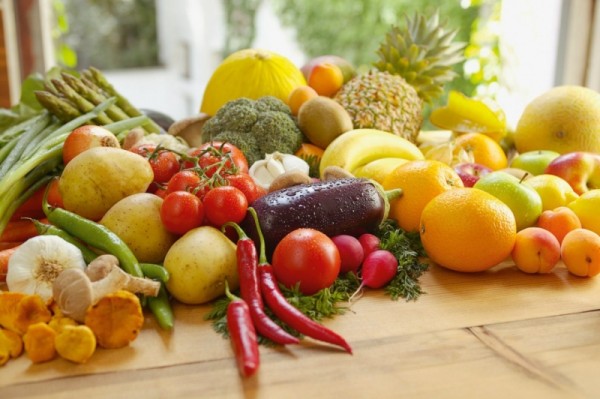
You have already learned who vegetarians are and their subspecies. Now let's figure out what vegetarians eat. As already clear - this is plant food.
- legumes - beans, peas, chickpea, lentils;
- nuts, seeds;
- soy products - sofu cheese;
- buckwheat, oatmeal, rice, millet cereals;
- any vegetables;
- fresh herbs, onions, garlic, spices;
- fruits;
- potatoes;
- berries acai, goji, algae, seeds chia;
- freshly squeezed fruit and vegetable juices, smoothies;
- berries;
- mushrooms;
- dried fruits, prunes, raisins, dried apricots;
- wholegrain bread.
Some types of vegetarianism allow the consumption of dairy products, fish and seafood, cheese, honey, eggs.
You can solve the problem with a lack of iron with the help of blueberries, porcini mushrooms, figs, apples, dates, nuts.
For protein - cereals, legumes, nuts, sprouted grains.
Switching to vegetarianism 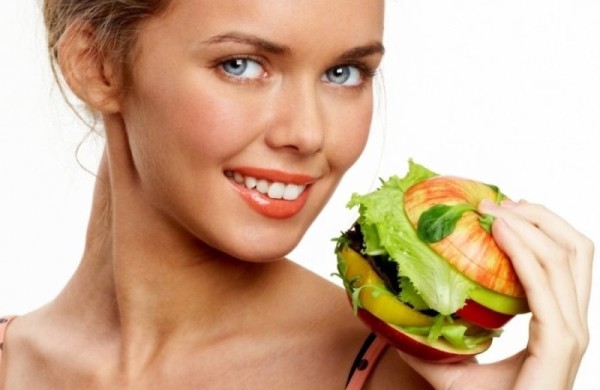
Some meat-eaters, when deciding to become vegetarians, abruptly stop eating meat and animal products. In no case should this be done. It is necessary to switch to such a diet smoothly so as not to incur a variety of health problems.
In this situation, you need to carefully keep track of calories eaten per day and according to their condition. You need to get used to something new gradually. For example, in the first couple of weeks, replace two meat dishes with legumes or soy. In the next two weeks, you need to increase the number of "non-meat" days, switching to plant foods.
But, of course, before indulging in a vegetarian direction, you must definitely consult with a specialist. And all the time of the transition to be under his supervision. Some doctors recommend that you undergo a biochemical blood test and a blood test for vitamins before starting. This is necessary in order to compose the correct diet, as well as in order to have something to compare with some time after the start, most often it is 6 months. And, of course, taking vitamin complexes is strictly required.
Children and vegetarianism 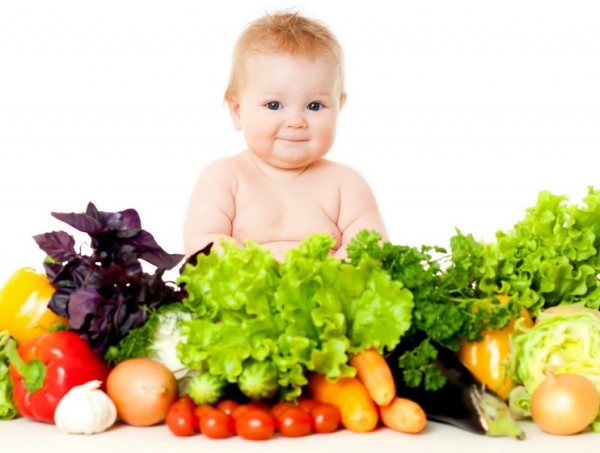
A lot of parents, whether they are vegetarian or not, believe that if their kids become pure vegetarians from an early age, they will be super huge, super smart and in general the best of the best... Well, that can be refuted.
As you could already find out above, this direction slows down the processes of development and growth of the human body, which means that in no case should children switch to a vegetarian direction. After all, they will be more frail, weaker, and mental development will recede into the background. Little people for growth and development need proteins, vitamins, fats, which are found in large quantities in animal products and meat.
Some believe that all animal products can be replaced with plant foods, and if adults are not harmed by vegetarianism, then children will not. To begin with, the complete safety of this area for adults has not been proven, so what harmlessness is there for children?
Yes, many animal products can be replaced with plant foods, but many plant foods lack iron, protein, calcium, zinc, vitamins B12, B2, A. And the future health of any baby... The deficiency of these vitamins and elements deteriorates the work of all organs, the external condition of the nails, skin, hair, vision and other problems. Therefore, in the question of vegetarianism and children, the answer is categorical - in no case is it possible.
Vegetarianism during pregnancy 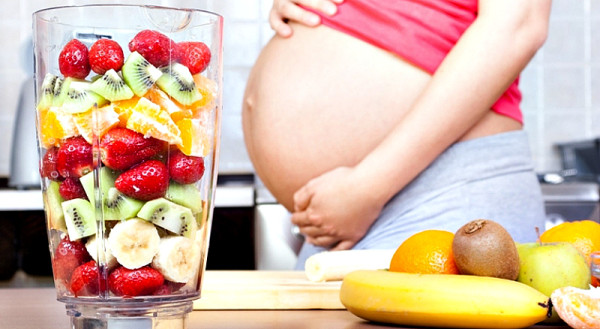
But experts differ about pregnant vegetarians. Some argue that vegetarianism during pregnancy is good and necessary. This requires strict medical supervision, taking vitamins. In fact, if a woman was a vegetarian before pregnancy, then there is nothing wrong with that. In this case, as soon as you went to the doctor with a message about your situation, you must immediately say that you have been adhering to this direction for a long time.
Other experts oppose vegetarianism during pregnancy and even more so lactation. The reasons are all the same missing vitamins, minerals and protein that are necessary for a future baby for development.
In general, if you are a longtime vegetarian, then there is strict medical supervision, nutritionist and strict adherence to all instructions. Moreover, if you are not vegan, and sometimes you can afford to eat animal products. If you are not a fan of this direction, then it is better not to start in pregnancy.
Reviews about vegetarianism 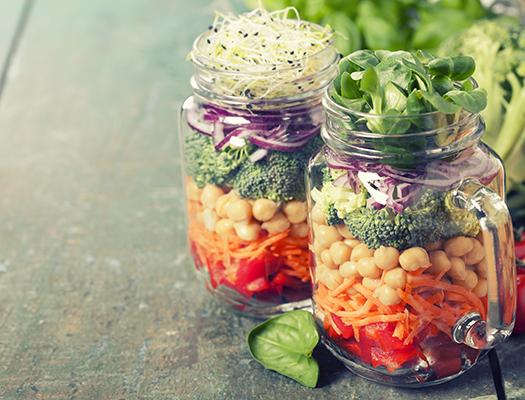
Studying reviews on the Internet about vegetarianism, we can conclude that this direction in most cases gives positive and effective results. Many people, young and in adulthood, notice an improvement in their health, the loss of excess body fat and kilograms. At the same time, there is a charge of positive and necessary energy, a great mood.
With such diets prescribed by doctors, many sick people got rid of their ailments, which, undoubtedly, pleases them. Some people like this direction for the fact that weight loss occurs without any physical exertion.
But there are also negative reviews in which people who tried to enter this direction were frustrated. They did not have enough animal products, they began to dream of them, which eventually led to aversion to vegetarianism. Others report a deterioration in their health, dull hair, brittle and flaky nails, dryness and peeling of the skin. Some women celebrate sudden mood swings, frequent depression or, conversely, unmotivated attacks of aggression and anger, menstrual irregularities.
Based on all this, we can conclude that before starting something new for yourself, you need to listen to a specialist and to your inner voice and feelings, and only then make a decision about the expediency of an undertaking.
